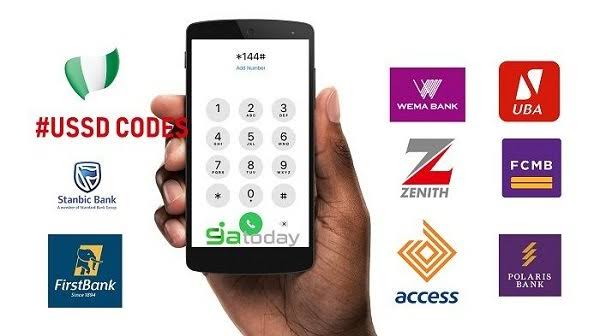Starting July 1 and 2, Union Bank and First City Monument Bank (FCMB) will begin deducting charges for USSD banking services directly from customers’ airtime balances, rather than their bank accounts. This marks a shift in how customers are billed for USSD transactions and is in line with the Nigerian Communications Commission’s (NCC) directive on end-user billing.
In a notice sent to customers via email, Union Bank explained that the change aligns with a policy by the NCC that now places the responsibility for charging users directly with mobile network operators. Similarly, FCMB informed its customers through text messages that the new billing method would begin on Wednesday, July 2.
With this update, both banks have joined the growing list of Nigerian lenders adopting the NCC’s end-user billing model for USSD transactions. Under this model, mobile network operators will now collect the N6.98 per 120 seconds fee directly from customers’ airtime, removing banks from the billing process.
This development comes after years of disputes between banks and telecom providers over unpaid USSD service charges. Telecom operators had raised concerns that banks were collecting the service fees from users without remitting payments to them, despite receiving over N200 billion worth of USSD services by the end of 2024.
Union Bank’s message outlined the new process clearly, stating that every USSD session will begin with a consent prompt, allowing users to approve the charge before airtime is deducted. The fee will only apply if the bank is available to fulfil the requested service. Customers who prefer not to use USSD under the new model are encouraged to switch to alternative banking channels, such as mobile apps and internet banking.
FCMB echoed a similar message, informing its users that the N6.98 charge would now be taken from their airtime starting July 2 and that explicit consent would be required for each transaction.
The new billing structure seeks to increase transparency and accountability in USSD transactions while giving telecom companies direct control over service fees. Customers are advised to keep sufficient airtime balances if they wish to continue using USSD services under the new arrangement.










